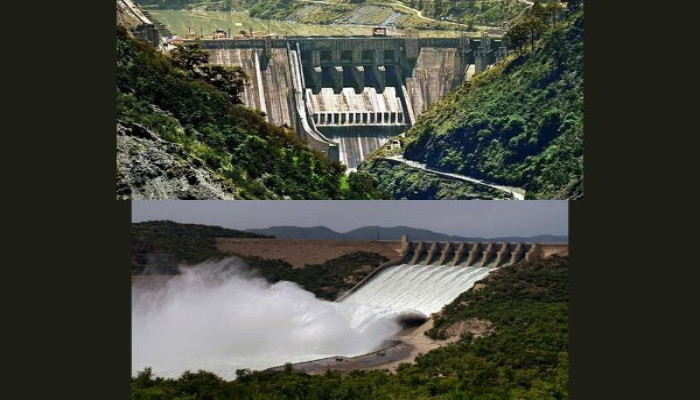India conducted feasibility study to build 113 km canal to divert Indus waters to Punjab, Haryana, Rajasthan
- In Reports
- 08:30 PM, Jun 16, 2025
- Myind Staff
India conducted a feasibility study to construct a 113 km-long canal to divert surplus flow from the three western rivers of the Indus water system to Punjab, Haryana, and Rajasthan, top sources told NDTV, as part of efforts to better utilise its share of the Indus river waters.
The Indus Water Treaty, signed in 1960, governed the sharing of six rivers—Indus, Jhelum, Chenab, Ravi, Beas, and Sutlej—between India and Pakistan. Sources said the plan included construction of new canals to divert the surplus water. Sources added that the work remained at a preliminary stage, and feasibility reports are being prepared.
Officials expected the canal, which would connect the Chenab with the Ravi-Beas-Sutlej system, to be completed in the next three years.
The project aimed to optimise India’s share under the Indus Waters Treaty by improving the use of eastern and western rivers and diverting excess flows currently entering Pakistan.
Home Minister Amit Shah said on Saturday during a BJP training session in Madhya Pradesh, “Indus waters will be taken to Rajasthan’s Ganganagar through canals within three years,” and added that Pakistan would be left “craving for every drop of water.”
Sources said there was also a proposal to connect the canal to the Yamuna, and if that happened, the canal would become 200 kilometers long. They added that after this, water could also be carried to Gangasagar through the Yamuna. Delhi, Haryana, Punjab, and Rajasthan were expected to benefit significantly from this scheme.
After the April 22 terror attack in Pahalgam, Jammu and Kashmir, India invoked national security and said the Indus Waters Treaty would remain in abeyance until Islamabad “credibly and irreversibly” stopped supporting cross-border terrorism.
New Delhi blamed Pakistan for the attack, though Pakistan denied the allegation.
India launched Operation Sindoor, and Prime Minister Narendra Modi repeatedly stressed the government’s firm position that “water and blood cannot flow together” and that “terror and talks cannot go together.”
New Delhi had formally asked Islamabad several times over the past two years to discuss modifications to the treaty, but Pakistan had not responded.







Comments